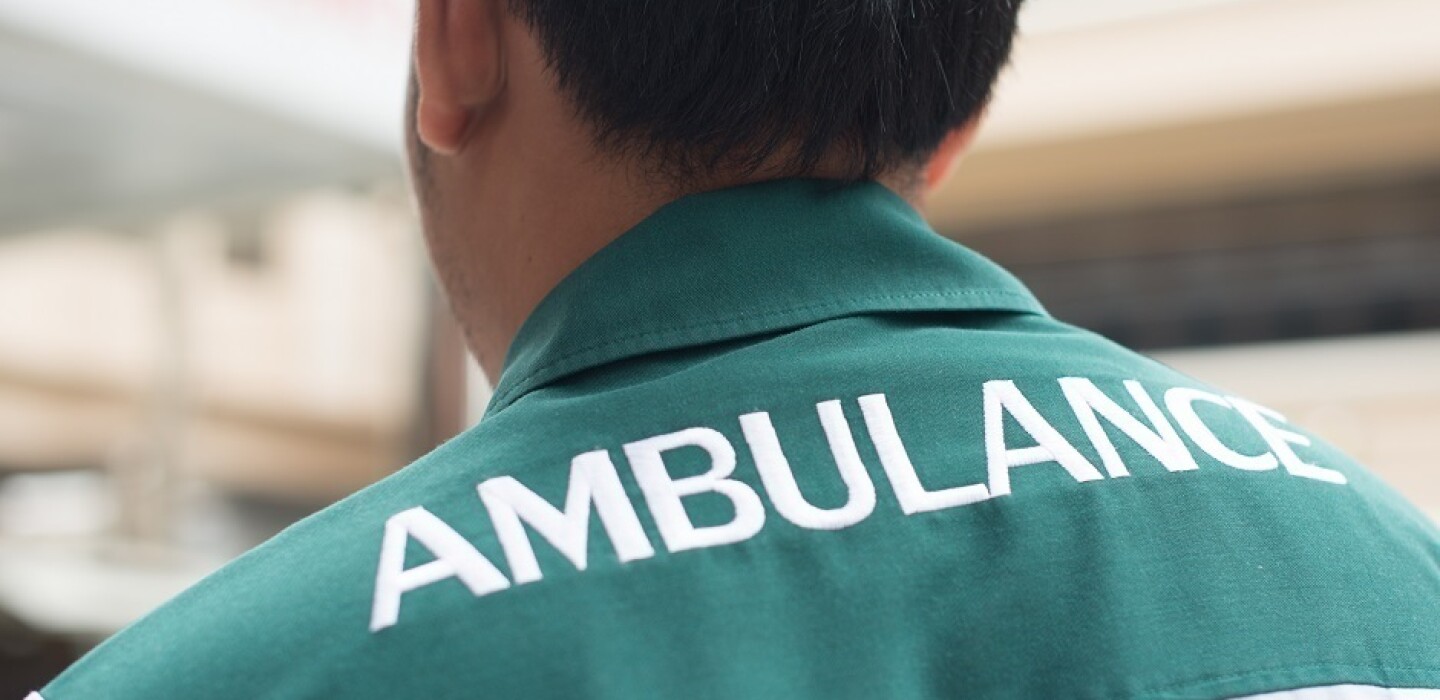
Report Highlights New Hampshire’s Statewide EMS Strain
(TNS) – A new report from the N.H. Ambulance Association states that the strain on the EMS network in the state “is escalating into a full state of emergency.”
The release of the 31-page document comes on the heels of the Monadnock Region’s own EMS landscape shift, with last week’s closure of R.J. DiLuzio Ambulance Service after 71 years in operation.
“Two-thirds of respondents to the survey said that low reimbursement rates by Medicaid, Medicare and private insurance companies are a ‘major contributor’ to the EMS challenges in New Hampshire,” the report states. It adds that low wages and an aging population also contribute to the lack of providers, with ambulance services being unable to find new recruits.
The N.H. Ambulance Association, which calls itself “the voice for Ambulance service providers in New Hampshire,” is a Concord-based trade group made up of EMS providers. For the study, the group commissioned the communications company Pinkston, which received 147 responses from fire chiefs, EMS chiefs, hospital EMS coordinators and skilled nursing facility managers in April.
“In theory, Medicare reimburses EMS agencies at what it costs,” N.H. Ambulance Association Executive Director Justin Van Etten said. “But the reality of it is — and this is nationally recognized, this isn’t just a New Hampshire problem — Medicare reimbursement has not kept up with costs.” He said that reimbursement rates are re-calculated every few years and have not recently been adjusted for inflation.
Seventy percent of 111 responses marked “completely agree” in conjunction with the statement that “the EMS situation in New Hampshire needs to be addressed urgently.”
Out of a response sample of 127 people, 13 percent said they had already experienced, in their professional capacity, disruption to 911 services, while 43 percent said they would be “fairly likely” or “very likely” challenged to “provide adequate 911 services in the next 12 months if things continue as they are today.” In contrast, 13 percent selected “not at all likely.”
Van Etten is also executive chairman of Stewart’s Ambulance Service in Meredith and majority shareholder of Municipal Resources Inc., a consulting company that worked in the launch of Cheshire EMS. He said his many roles highlight the growing crisis. “We started this project with some of the executive officers, but all of the executive officers have left EMS recently,” he said. “It’s getting bad.”
The report’s introduction highlights Laconia’s Best Care Ambulance Services and Keene’s Diluzio Ambulance as two notable closures of major providers. Best Care closed in March. Scott Hodgkins — who was president of Best Care and president of the N.H. Ambulance Association — told the Laconia Daily Sun that month that Concord Hospital-Laconia owed the company money, which led to its closure.
Pamela Puleo, chief advancement officer for Concord Hospital, confirmed with the newspaper that it did owe money and said the hospital’s chief financial officer had attempted to schedule a meeting with Best Care.
DiLuzio Ambulance Service ceased operations on May 3, with co-owners Robert DiLuzio Sr. and Linda DiLuzio citing in a news release the toll the company had taken on their health and the impact it’s had on the family’s finances.
In November 2021, Cheshire County officials announced a plan to buy the company following years of discussion among county officials, local fire departments and emergency services about costs and personnel shortages. The agreement fell through in April 2022, after which the county established Cheshire EMS. The service, which launched last November and is headquartered in a new facility in Swanzey, has 46 employees, with 29 of those full-time, Cheshire County Administrator Chris Coates said Monday.
Van Etten said the solution to the EMS service strain is more funding.
“House Bill 2 has a fairly significant increase in Medicaid reimbursements for ambulance transports, and so we are hopeful that the Legislature will pass that, and the governor will sign off on it,” he said, of a bill that passed the N.H. House last month and is currently in the Senate Finance Committee. Specifically, the bill allocates $1,944,003 for the fiscal year ending June 30, 2024, and $3,888,007 for the year thereafter to increase rates paid to EMS providers, according to the report.
“We also need to put pressure on insurance companies to pay fairly for medical transportation,” Van Etten added. “Depending on what insurance company you have, they might pay anywhere between $200 and $4,000.”
Beyond these ideas, the report suggests “establishing EMS as an essential service (so that providers are compensated for readiness rather than transport), establishing regional EMS networks to share costs and workloads, expanding mobile integrated healthcare and improving the attractiveness of EMS as a profession.”
“This is a crisis across the board,” Coates told The Sentinel. “This is going to be an issue across the state of New Hampshire. It’s not going away.”
Christopher Cartwright can be reached at ccartwright@keenesentinel.com or 603-352-1234, extension 1405.
___
©2023 The Keene Sentinel (Keene, N.H.)
Distributed by Tribune Content Agency, LLC.


Average Rating